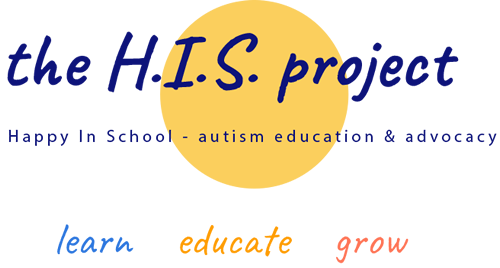As you can see from the info-graphic, ADHD is a complicated condition with many presentations. It’s not something that your average teacher will either know in detail or understand. It is certainly not a subject that is covered in anywhere near this depth in current teacher training. So what are we left with – as parents, young people, practitioners?

Picture from ADDitude Magazine
A traumatised child
A stressed-out teacher
A child that could ultimately FAIL academically (through exclusion)
But there are lots of things we *can* do…
1. Talk more openly in school about ADHD
2. Share knowledge without judgement
3. Be patient and understanding as parents/educators
4. Steer our attention to the creativity, determination and sheer force exhibited by many with ADHD
5. Shine positive attention on talents
6. Re-think the school environment to make ADHD more manageable and less stigmatised.
7. Understand that ADHD impacts mental health
8. Consider other diagnoses that co-exist with ADHD (that’s a big weight for one person to carry)
One of the biggest challenges of ADHD is the impact is has on behaviour that in many ways in contrary to the norm.
- Waiting in line?
- Butting in conversations?
- Leaving tasks half done?
- Losing homework
- Turning up for the meeting at the right time but the wrong day?
- Getting the wrong end of stick in the conversation?
- Unable to follow instructions
- Full of brilliant ideas but too disorganised to follow any of them up?
- Having a full-blast flair up at the tiniest hint of criticism?
Yup, all fairly routine for Master and Miss ADHD.
ADHD, diagnosed or undiagnosed is the reason why some adults have difficulty holding down a job. It’s the reason why some people get divorced. It’s the reason why some people suffer repeatedly from depression. It’s the reason why others tie themselves up in knots getting into debt due to gambling or other addictions. It can be hugely debilitating, but especially at school. If it isn’t picked up at school and effectively managed through behaviour-strategies or possibly medication, the feelings of failure, shame and frustration can follow that child throughout their life.
ADHD is something we can learn about, talk to our children about. This is something we can think about if a colleague flies off the handle and you find yourself treading on eggshells around them.* Not everyone with a neurological disorder, like ADHD is diagnosed or medicated. As the link demonstrates, you can’t see ADHD (it’s sometimes dubbed one of the ‘hidden disabilities’) but you can see the impact of it in the person as it plays out in a variety of ways.
The goal of the #happyinschool project is to emPOWer as well as educate. The knowledge and specialism is out there, but we still need to find the strength to talk more openly in schools and colleges and workplaces about ADHD. As once you know, we can start to make your school, college or place of work more comfortable for you, more cohesive for the whole, more reflective of society as it really is.
© Suzy Rowland
[contact-form][contact-field label=”Name” type=”name” required=”true” /][contact-field label=”Email” type=”email” required=”true” /][contact-field label=”Website” type=”url” /][contact-field label=”Message” type=”textarea” /][/contact-form]
